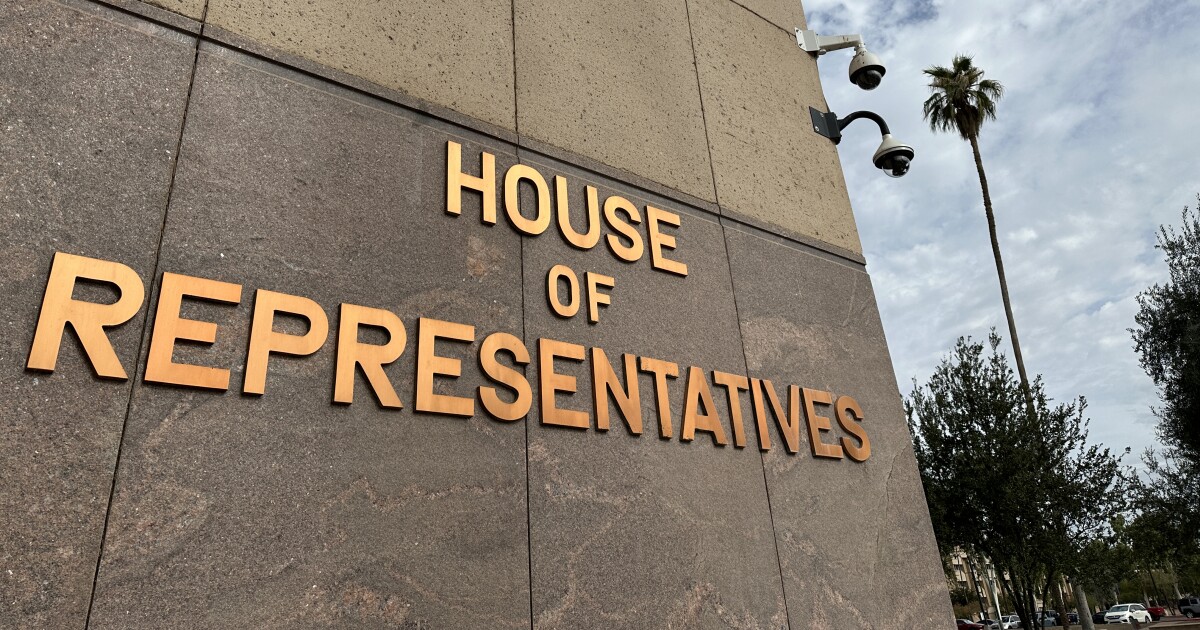After a prolonged wait, Michigan’s educational institutions finally have clarity on their financial future as Governor Gretchen Whitmer has approved a substantial $24.1 billion school aid budget. This development arrives over three months into the fiscal year for schools.
Key Highlights of the Budget:
- Per-student allocation: Schools will receive $10,050 per pupil, marking a slight increase from last year’s record funding. For more information on last year’s figures, visit here.
- Enhanced Support: An increase of 25% has been designated for programs aiding English language learners, at-risk students, and those in career and technical education.
- Special Education: Funding for special education services sees a boost of nearly 10%.
- Student Nutrition: Funding is secured for free breakfast and lunch programs for all students for another year. Additional details available here.
State Senator Darrin Camilleri, who chairs the PreK-12 Appropriations Subcommittee, highlighted additional financial incentives for educators. He stated, “One thing that I’m also very proud of is that we are going to be giving out a bonus to our education staff across the state with a one-time $203 million line.” This bonus distribution will be managed by individual districts in collaboration with teacher unions.
While Camilleri expressed concern about certain allocations, such as funding for online charter schools, Representative Tim Kelly welcomed these aspects. Kelly noted the equitable distribution of funds across all schools, including private institutions, ensuring that non-public students also benefit from meal programs and safety funds.
“If we’re going to take care of all kids, that includes non-public kids as well,” Kelly remarked. “So I’m glad to see the food and health and safety money goes to them as well.”
Despite the budget’s approval, some education advocacy groups express apprehension about reallocating $1.35 billion from the school aid fund for other state needs, such as road maintenance. This action, they argue, could jeopardize future educational financing.
Robert McCann, executive director of the K-12 Alliance of Michigan, voiced concerns: “There’s a lot of concern going forward as to what this is going to mean for future budgets for schools, simply because of how destabilized they’ve made the school aid fund as a result of this.”
McCann also criticized the timing and new mandates imposed on schools, emphasizing that the late budget approval has not afforded districts adequate time for preparation. “When you put it all together — that this budget was given to us more than three months late, and with some of the real risks that they are taking here with destabilizing the school aid fund going forward — it’s hard to cheer those small victories we did get in the budget when the concerns are much greater,” he added.
Reflecting on the drawn-out process, Kelly admitted to the frustration over the delay but asserted that ultimately, there was “no harm done.” In contrast, Camilleri expressed his disappointment, attributing the extended timeline to the House Republican majority’s actions. “We should not have had a budget cycle that dragged out as long as it did,” he said.
—
Read More Michigan News









